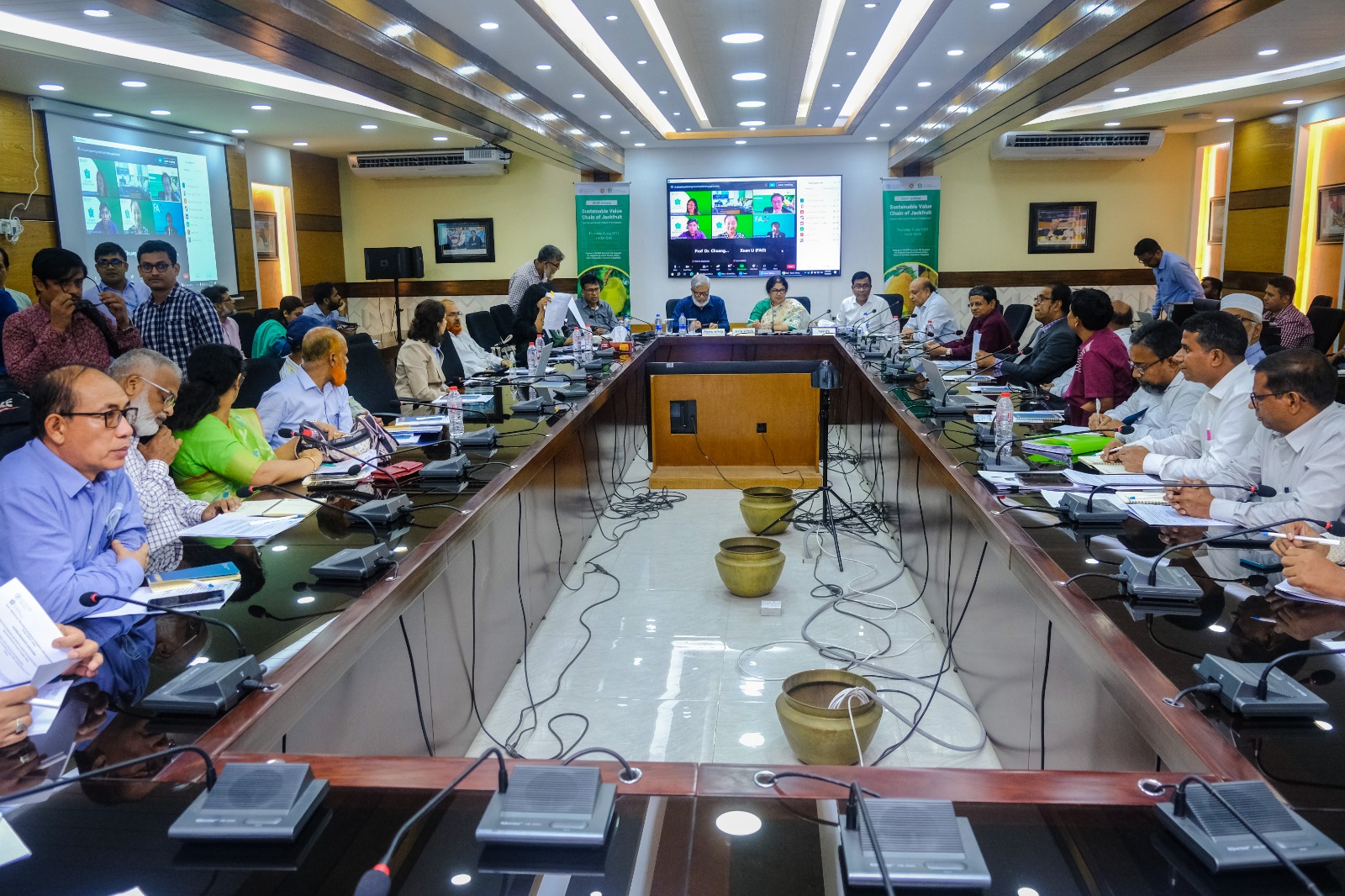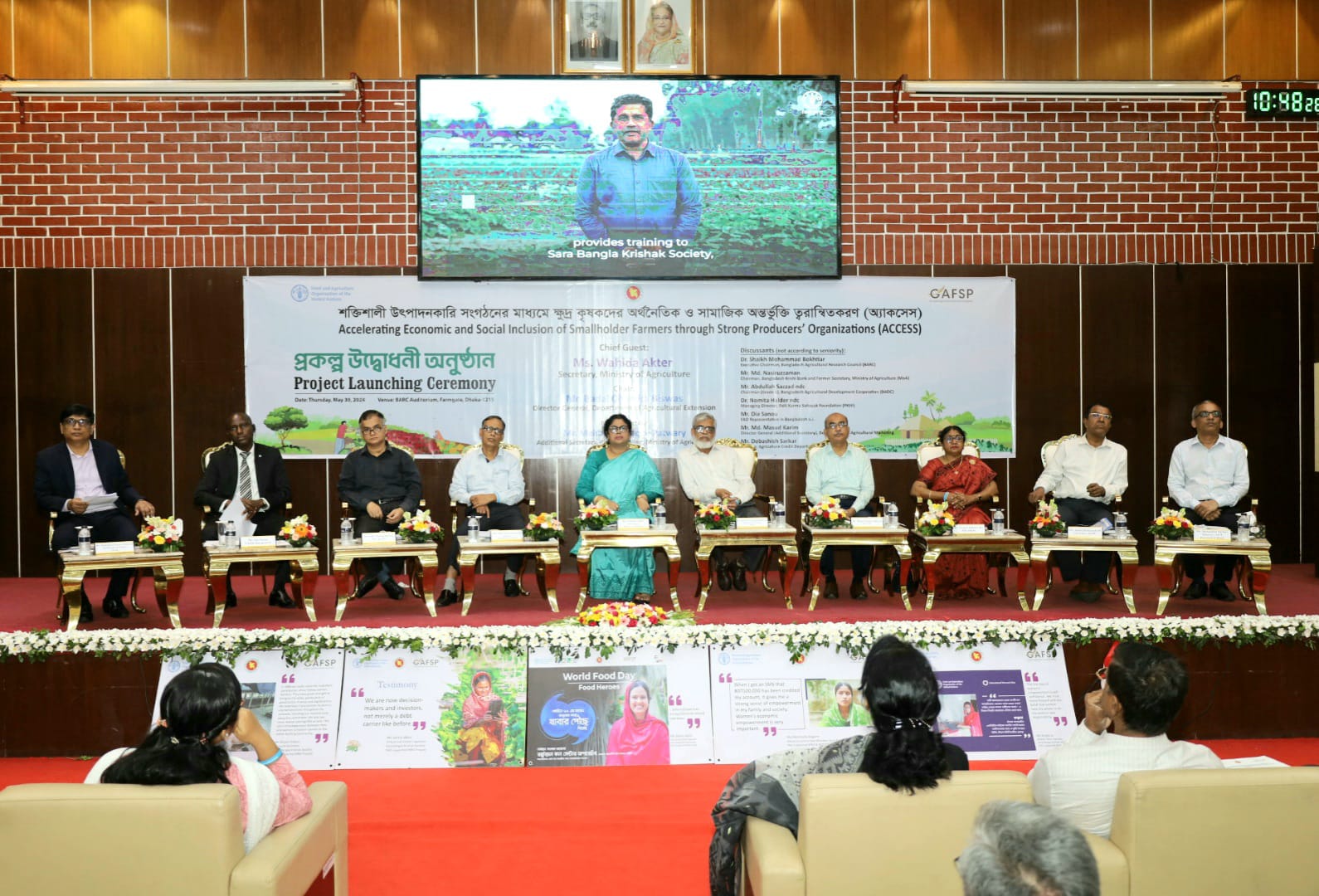Dhaka – The Food and Agriculture Organization of the United Nations (FAO) organized a webinar...

In Bangladesh, street food is widely consumed in urban areas, although evidence suggests it is often contaminated due to poor hygienic practices. As the street food vendors play an important socio-economic role, and meet basic food needs of predominantly low-income urban consumers, work with them to improve the safety of...

Gender at the heart of Bangladesh’s first Country Investment Plan (CIP) for the environment, forestry and climate change
With the USAID funding, FAO project on ‘Strengthening the Climate Change (EFCC) Capacities of the Ministry of Environment and Forests and its Agencies’ is prioritizing gender from the outset, through implementing a gender...

“Nutrition naturally comes with food. However, that food should be diverse, safe, filled with important nutrients and of the right amount for all the individuals in the household. The policy issues of availability and the price of food are as important as the food consumption itself" said Dr Anna Lartey, Director,...
Women’s Role in Agriculture – Celebration of International Women’s Day by FAO Bangladesh and ERD
11 March 2016
11 March 2016

“The government has taken many positive steps in enhancing the livelihoods of the rural women and men. While highlighting examples like Nobel Laureate Malala, these events add value to the cause; the everyday contributions of countless numbers of women, both from rural and urban areas, to our national economy must...

A total number of 90 officials have been honored with the official certificates to be recognised as ‘Master Trainers’ on Food Control, at the award giving ceremony, hosted by Dutch funded FAO project on “Improving Food Safety in Bangladesh’, organized at Krishibid Institute of Bangladesh on Saturday, 27 February 2016.
The...


.jpg)

